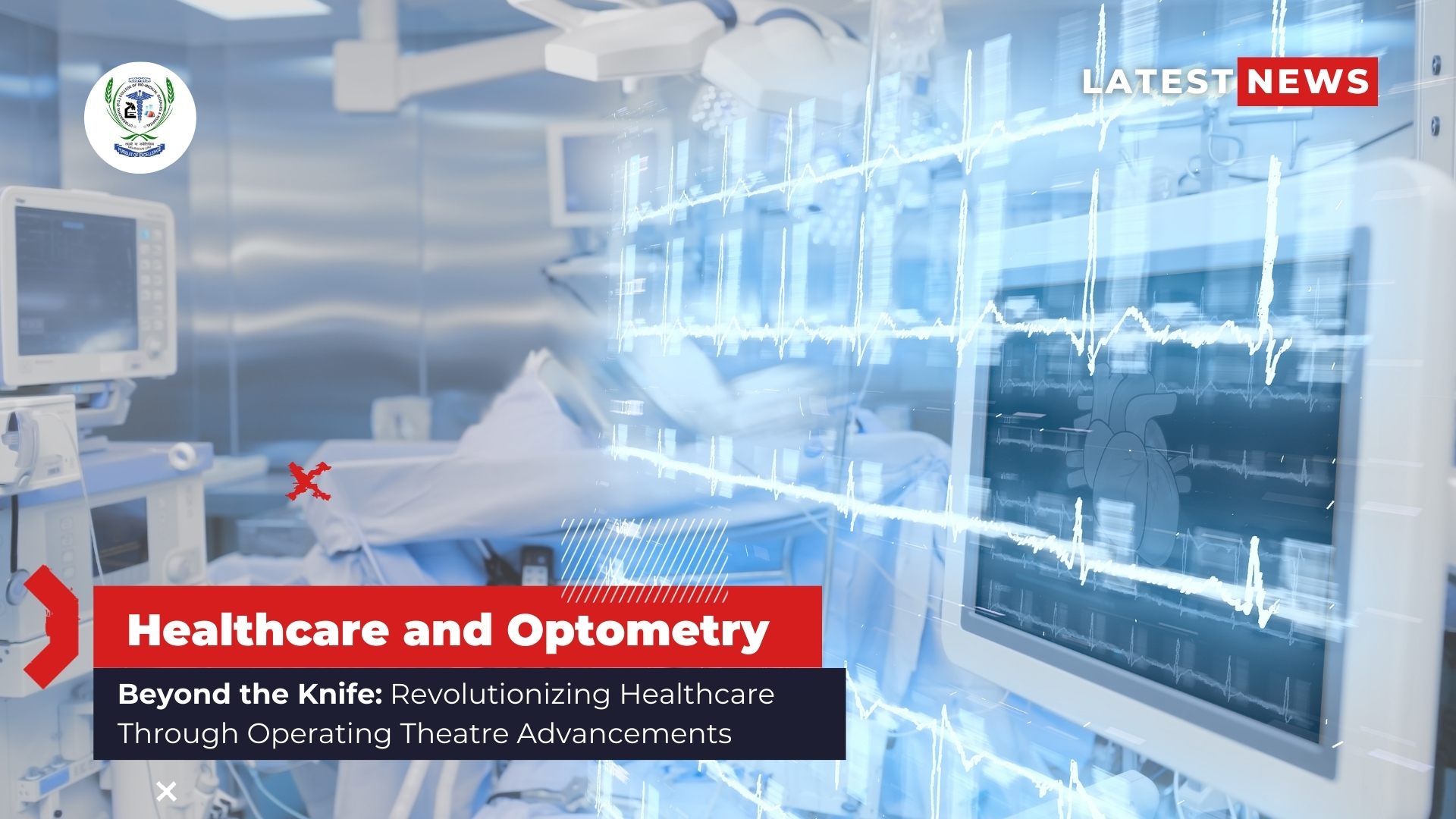
In this blog, we explore the cutting-edge advancements revolutionizing healthcare through operating theatre technology. The operating room (OR) serves as the epicenter of surgical precision and innovation, where intricate procedures are performed with the utmost expertise.
A hospital’s operating room (OR) stands as a pivotal space where intricate surgical procedures are conducted. It is equipped with specialized medical tools and technology to facilitate surgeons in performing surgeries with precision and efficacy. The OR is meticulously designed to maintain sterility, minimize infection risks, and uphold patient safety. The integration of modern technology within operating rooms has brought about a revolution in the medical field, enabling surgeries that were once deemed unfeasible. Undoubtedly, the operating room symbolizes the forefront of medical innovation. Anesthesia and operating room technologists play crucial roles within the operating room. They collaborate with surgeons, anesthesiologists, and other medical professionals to ensure the smooth operation of surgeries.
Let’s understand the transformative role of technology in the OR, mainly focusing on the benefits of pursuing a Bachelor of Science in Operation Theatre Technology (BSc OTT). Join us as we unravel the dynamic landscape of operating theatre advancements and the promising career opportunities they entail.
Operating Room Technology Advancements:
Operating rooms are pivotal hubs in healthcare, fostering technological advancements that drive progress. Here are some notable developments in operating room technology:
- Artificial Intelligence (AI): AI is employed in healthcare to enhance diagnostics, treatment modalities, and patient outcomes. AI-powered algorithms analyze vast datasets to discern patterns and offer predictive insights, empowering physicians to make informed decisions.
- Ultrasound-guided Anesthesia: Utilizing ultrasound for anaesthesia administration enhances precision and safety. High-resolution ultrasound facilitates real-time imaging of peripheral nerves, aiding in the optimal distribution of local anaesthetics for nerve blocks and catheter placement.
- Robotic Assisted Surgery: Robotic surgery integrates medical expertise with robotic systems, facilitating minimally invasive procedures. This sophisticated technique enhances surgical precision, particularly in complex procedures and confined anatomical spaces.
Career Opportunities in Operating Theatre:
- Operating Room Technologist: This position oversees the organization and management of the OR, ensures procedural readiness, and verifies patient records.
- Anesthesia Technologist: Assisting anesthesiologists in various procedures and ensuring the functionality of anaesthesia equipment.
- CSSD Technician: Spearheaded infection prevention and control measures within healthcare facilities and sterilised different surgical and anaesthetic equipment.
- Hospital Administrator: Managing daily operations and resources in healthcare facilities to ensure efficient patient care delivery.
- Educator/Teacher: Educating and training future operating room and anaesthesia technologists to uphold standards of excellence in healthcare.
As technology continues to advance, operating theatre professionals are at the forefront of driving innovation in surgical care. Through programs like BSc OTT at UCBMSH, aspiring technologists are equipped with the skills and knowledge to excel in diverse roles within the operating theatre. Join us in embracing the future of healthcare through operating theatre advancements and the endless possibilities they bring.



